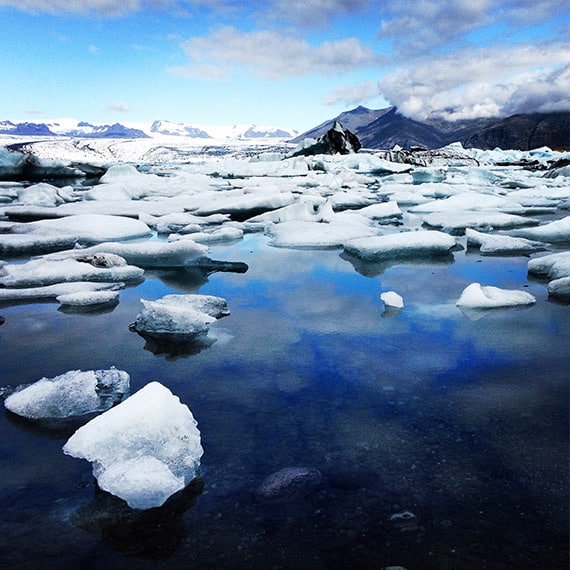Ice Sheet Melt Prediction
Accurate predictions of ice sheet change are crucial in planning global sea level adaptation and mitigation measures.
This bold collaboration between Lancaster University and the Centre for Ecology & Hydrology will co-create and deploy a data science of the natural environment.

Driven by grand challenges of environmental science, co-designed with an extensive range of key stakeholders, our multi-disciplinary team of internationally-renowned data and environmental scientists will develop a broad and unique range of new data science techniques, fused with environmental models in an integrated framework to enable better-informed decision-making around the most pressing challenges faced by society.
We bring together world-leading expertise in the fields of data and environmental science.
Learn more
Accurate predictions of ice sheet change are crucial in planning global sea level adaptation and mitigation measures.

Effective air quality modelling and mitigation is necessary to reduce the 3 million global deaths per year attributable to this cause.

In a changing climate, land use decisions must be made between food, timber, energy, recreation, urban settlement, employment and aesthetic benefits.

This theme will develop a suite of inference and prediction techniques for environmental problems, bringing together existing technology and new developments in a modular framework.

We will enhance model-based statistics with modern machine learning techniques to ensure they scale to modern heterogeneous data sources and end-user requirements.

This theme will focus on the development and deployment of virtual labs as a key instantiation of the integration of heterogeneous data and models that is central to our project.

Data Science for the Natural Environment is a bold collaboration between Lancaster University and the Centre for Ecology and Hydrology.